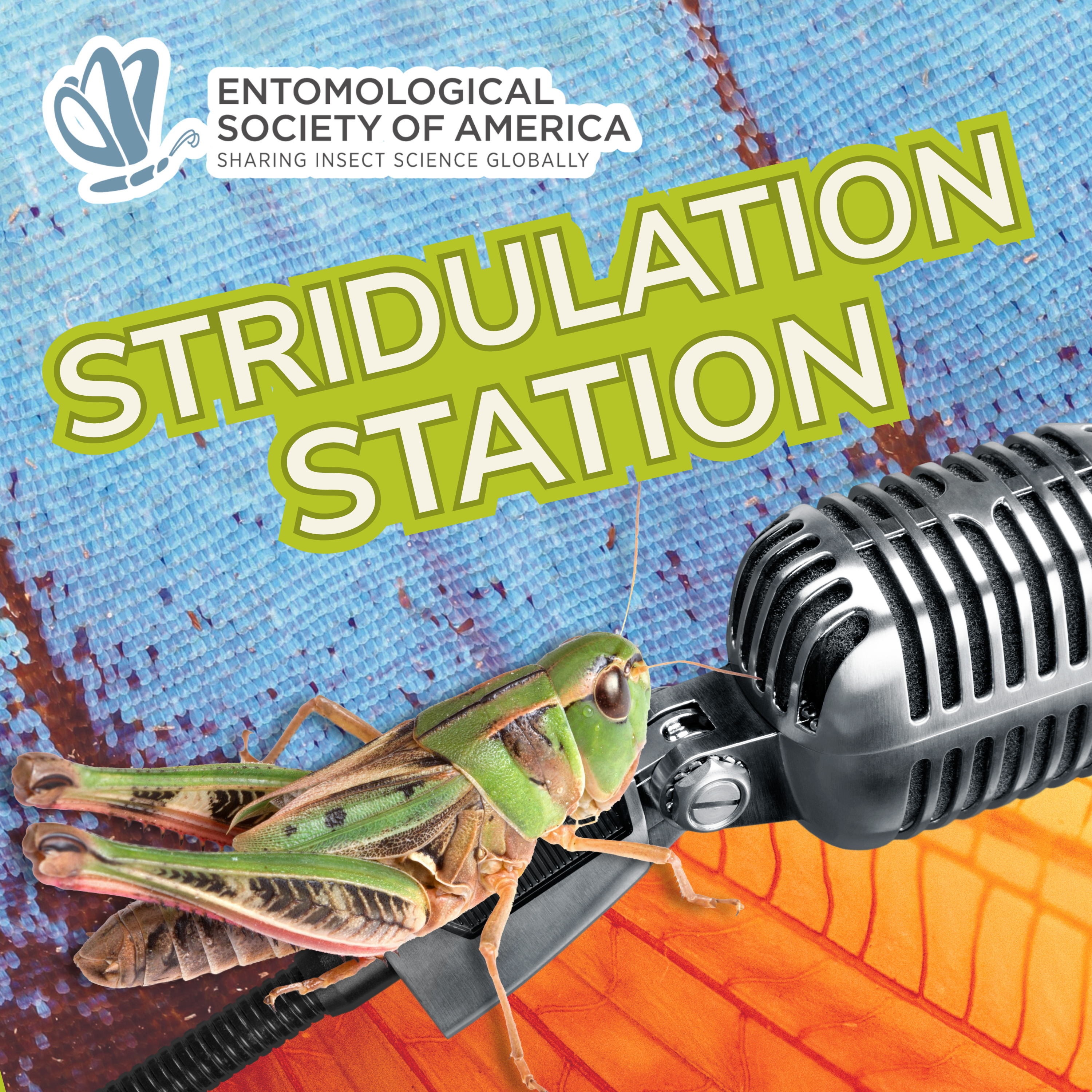Archived Webinars

As an ESA member, you have free, any-time access to all ESA webinar archives to help you excel and grow in your field.
- Not an ESA member? Join today for full webinar access.
- Want to register for an upcoming webinar? Click here to sign up.
All archived webinars can be found below in the ESA Learning Center. You can login to your ESA account and begin browsing and watching:
Explore the categories of webinars by clicking any category on the homepage, or to see the full list of archives. Login to your ESA account and click on any webinar title to access the webinar video.

Stridulation Station: A New Podcast From ESA
Stridulation Station builds on ESA's webinar series to share conversations from the insect science community. Listen to our episodes on YouTube, Apple Podcasts, Spotify, or in the ESA Learning Center. ESA members can tune in live to engage with panelists and ask questions—register to attend a future recording.
If you have any questions about ESA webinars or podcast episodes, please contact Danielle Tempesta at dtempesta@entsoc.org.
